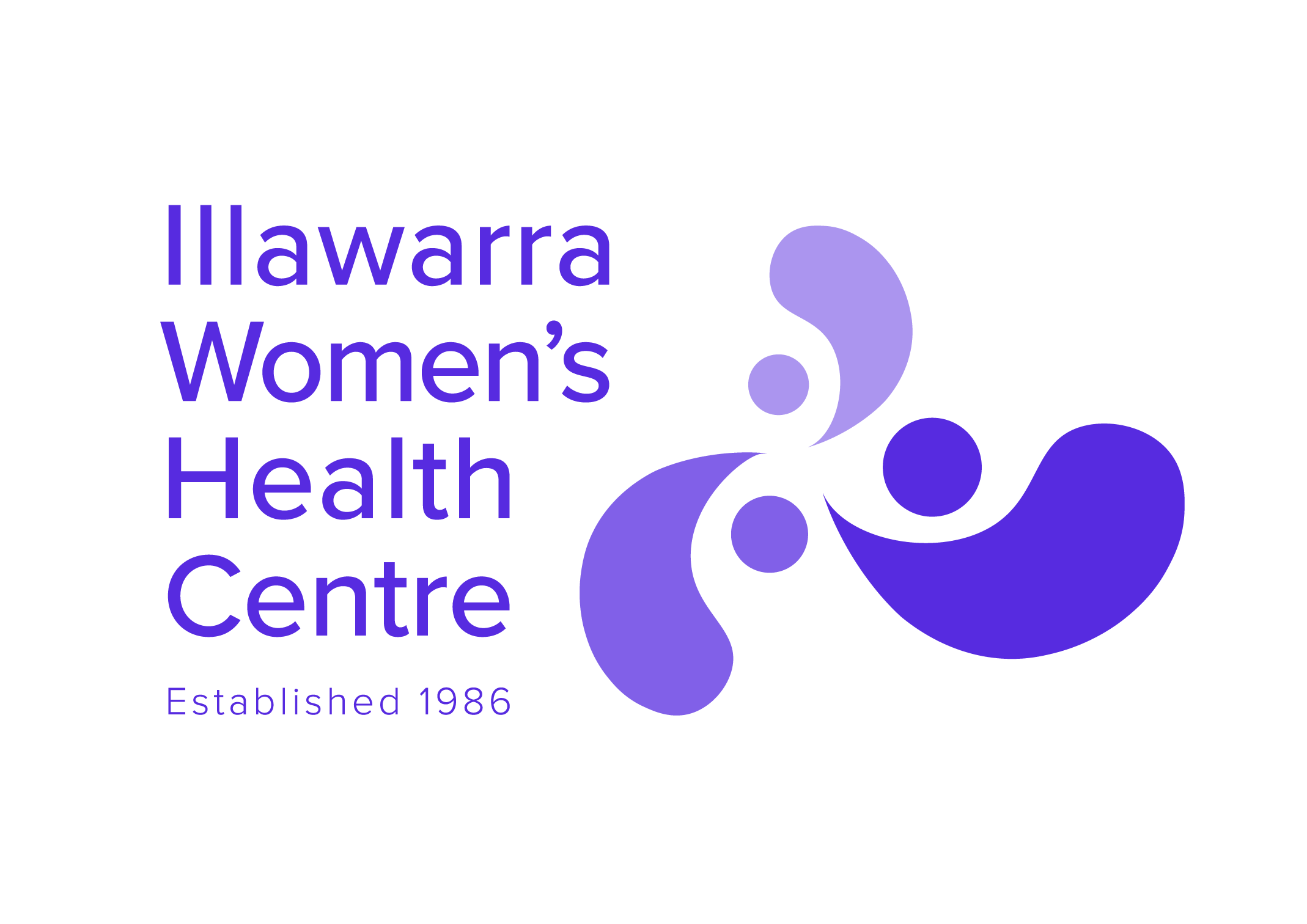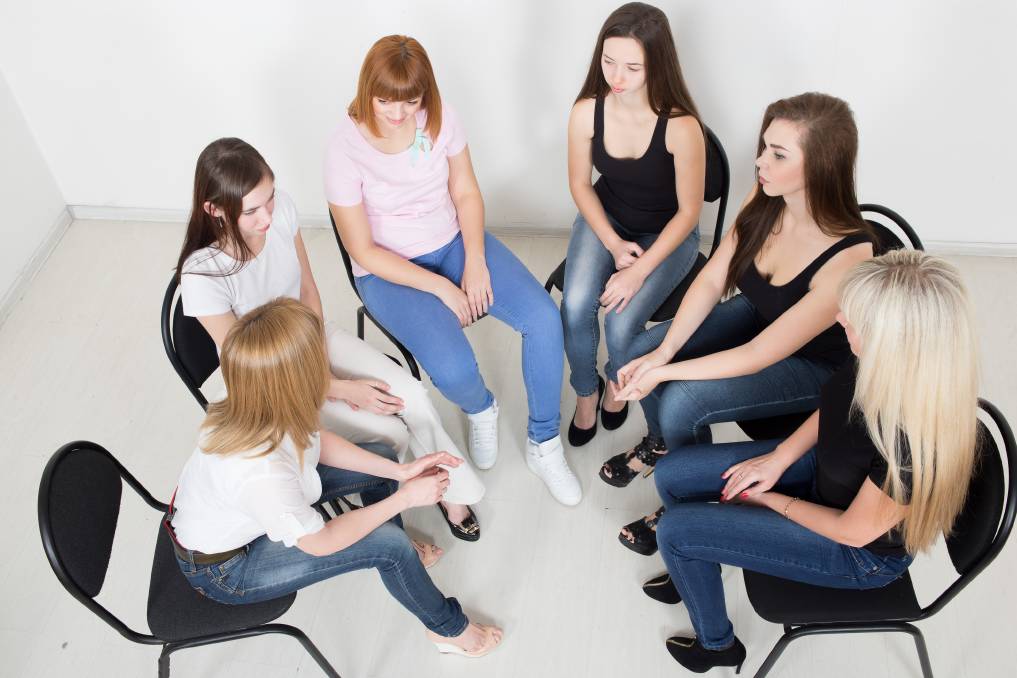Illawarra Mercury – Georgie Igoe
The young women that I work with in group and individual settings, at schools and in counselling sessions, are looking at the foreboding mountains of the system and wondering where to find the path amongst such treacherous and unsafe terrain.
And yet, given the opportunity to speak, my experience is that these young people know exactly what they want and what they think should happen; honest and open conversations about sex and healthy relationships.
Young women are asking me for a space to be heard and respected, not to feel burdened with carrying even more responsibility to solve the issue of consent. Conversations that are not outdated, that are not injected with socio-political conservatism, or teacher or parent discomfort. Conversations that do not include five-minute YouTube clips with analogies about tea, that are inclusive of pronouns and diversity, and conversations that allow “everyone to know everything”.
What is “everything”? Is this the impossible task? As a professional in this space I find like I’m running through constant revolving doors of new information and evolving terminology. What’s going to work for one group or young person absolutely won’t work for the next. And yet I am also paradoxically left stagnant and stuck with consistently similar themes of inaction, systemic harm and a lack of faith in feeling safe from young women across the board.
The Australian government’s new ad last week featuring milkshakes, sharks and a taco is supposedly an educational consent video, and is another confusing and disappointing example of the lack of openness, frankness and responsibility we are willing to take for these issues.
Another way we insult young people by dishing out nonsensical metaphors instead of meeting their needs.
Part of my role as a therapist is to create opportunities for justice when people experience disempowerment; whether through feeling heard by opening and exploring the story honestly and creatively, and also through connection with another person.
Another simplified answer; just get young women into counselling. And then what about the barriers to accessing counselling? Geographical location, lack of services and counsellors, culturally unsafe services, or services that aren’t trauma informed. Our service alone had a waitlist of 100 women in the aftermath of COVID lockdowns in NSW where one in 20 women (4.6 per cent) experienced physical or sexual violence in the initial stages of the pandemic in early 2020.
Do not be silent, get educated, get help, tell others, speak out.
Tell the police, come forward with charges. Do, and do and do and do. Be more. Just in case the experience of being harmed was not enough, but now you need to solve it for yourself and other people.
The dance of feeling activated to step into spaces of openness and storytelling can turn very quickly into sites of retraumatisation, leading us back to unsafe and rocky paths up that mountain with fake signs that actually disorient ourselves to where we are and where we need to be.
And then what about young men? Cycles of confusing and harmful messages of protection and even celebration when they do harm: this is what young women like, this is what a healthy relationship looks like, show dominance, and repress anger and other difficult emotions. Learn about consent but also if you sexually assault someone you will be protected and it is normal. Messages reinforced by institutional settings in schools, parents and communities, the media, and the pornography industry.
If white, middle class and cisgender young women do not have faith in the system to keep them safe and to provide justice when needed, what about Aboriginal, non-binary, or queer young women? What about young women who experience mental health concerns, physical disabilities, or experiences seeking refuge and asylum?
It seems as if we are stuck in providing one-dimensional solutions to a multi-faceted and complex problem. As an external therapeutic provider, is it enough to create temporary containers of connection, healing and safety in group work when the doors open and the mountain is back in full view?
One dimensional solutions may come from our inability as humans to deal with complexity. The public health model values a comprehensive multi-faceted approach to advocacy, holistic strategies that don’t just pin the work on young people but enable learning, education and reflection to take place across the spectrum. This includes parents, families and peers, it includes school staff from managers, teachers, administration, community and government organisations.
It requires a therapeutic lens of asking ourselves what our own relationship to consent and respectful relating is. What have our experiences been, what are the roots of our own discomfort and perhaps our own unwillingness to address these issues because we have been harmed or done harm.
This introspection requires commitment, courage, and humility; commitment to conversations and action in the long-term, not just when it is hot in the media. It requires courage to ask ourselves painful questions about what we know and what we have experienced, and humility to know that we all need to learn more. And if we are in positions of making decisions for and assumptions about young people, then we need to step out of the way and listen.
Georgie Igoe is the Young Women’s Program Co-ordinator and Counsellor of the Illawarra Women’s Health Centre


